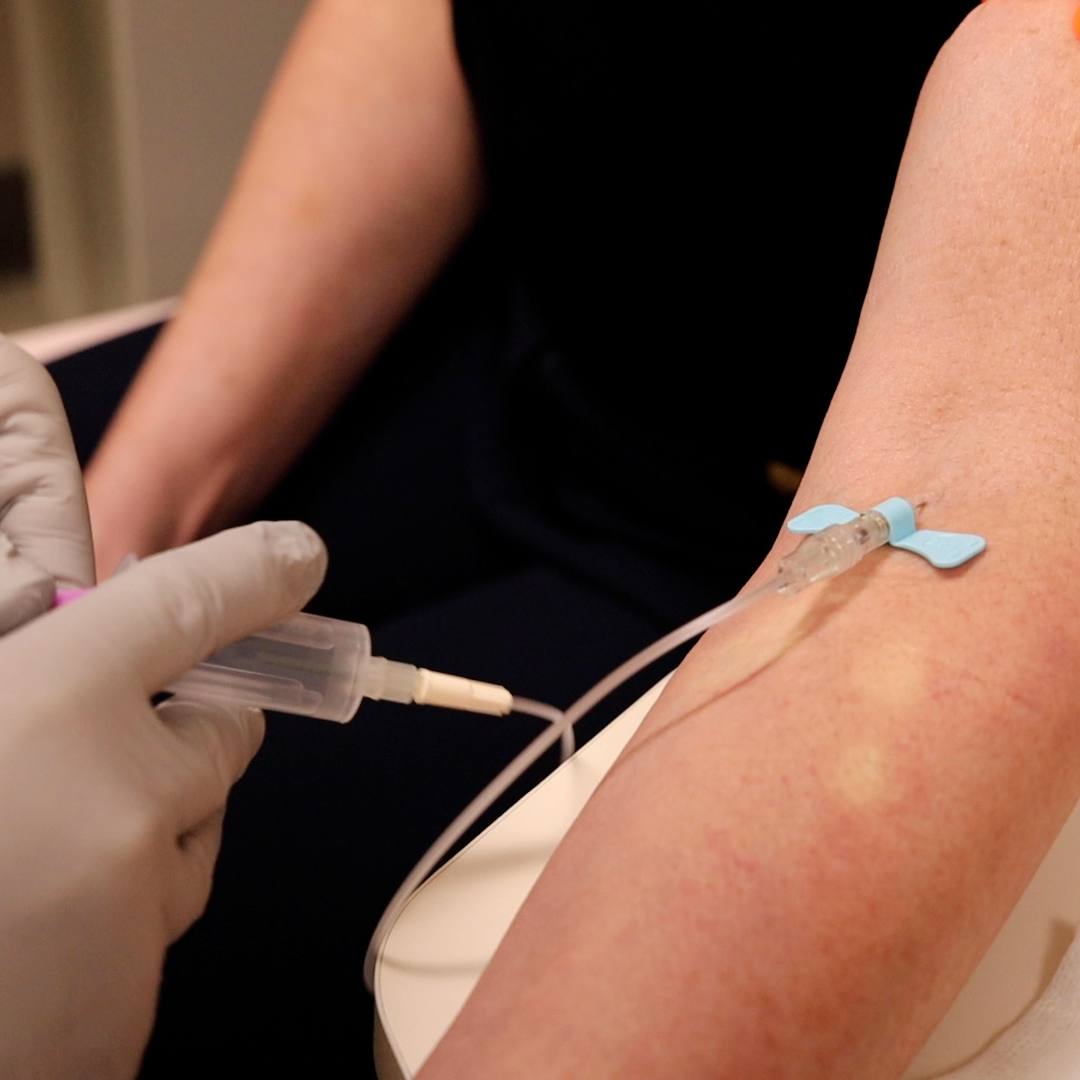-
Arizona
Mayo Clinic in Arizona Part of Study to Help Regulate Immune System
SCOTTSDALE, Ariz. — Researchers from Mayo Clinic and the University of Arizona are shedding light on a mechanism in the human body that may result in more effective treatments for conditions such as autoimmune disorders, cancer, allergies and chronic inflammation. The team has discovered a novel function of a protein previously believed to only help with blood clotting. The researchers found that this protein can prevent the immune system from going out of control – a condition that can ultimately harm the body.
The findings are published in the journal Immunity.
The protein is believed to work this way: When the body is attacked by viruses or bacteria, the immune system rallies to provide a defense mechanism. This is known as inflammation. While inflammation is needed to fight off viruses and other pathogens, it can also cause damage – and the immune system has to find the right balance so levels of inflammation are not too high or too low.
The question has always been, how does the immune system maintain that balance?
"Our discovery explains this," says co-author Sourav Ghosh, Ph.D., assistant professor in the Department of Cellular and Molecular Medicine at the UA College of Medicine in Tucson.
The researchers focused on two cells that control mediation of the body's immune response, with regulating inflammation the goal. They targeted specific immune responses in laboratory models to determine levels of inflammation and compared their findings with blood from patients with inflammatory bowel diseases such as ulcerative colitis and Crohn's disease.
The researchers found that patients experiencing increased inflammation had lower levels of a specific protein produced by cells than did healthy study participants.
The findings could result in more targeted treatments for the inflammatory bowel diseases, which can be especially promising because current treatment is limited at this time, and colon cancer is a significant risk for such patients, says co-author Jonathan Leighton, M.D., chair of Gastroenterology at Mayo Clinic in Arizona.
Dr. Leighton says, "From a clinical standpoint, we think that three factors predispose to inflammatory bowel disease – genetics, environment and the immune system. The immune system is a critical factor because it controls inflammation, and the results from our research provide insight on how to better control this inflammation."
###
The study was funded by the National Institutes of Health, the Crohn's and Colitis Foundation, the American Heart Association, the American Asthma Foundation, the Lupus Research Foundation and a Gershon-Trudeau Postdoctoral Fellowship.
Related Articles







